Libya accused of human rights abuses
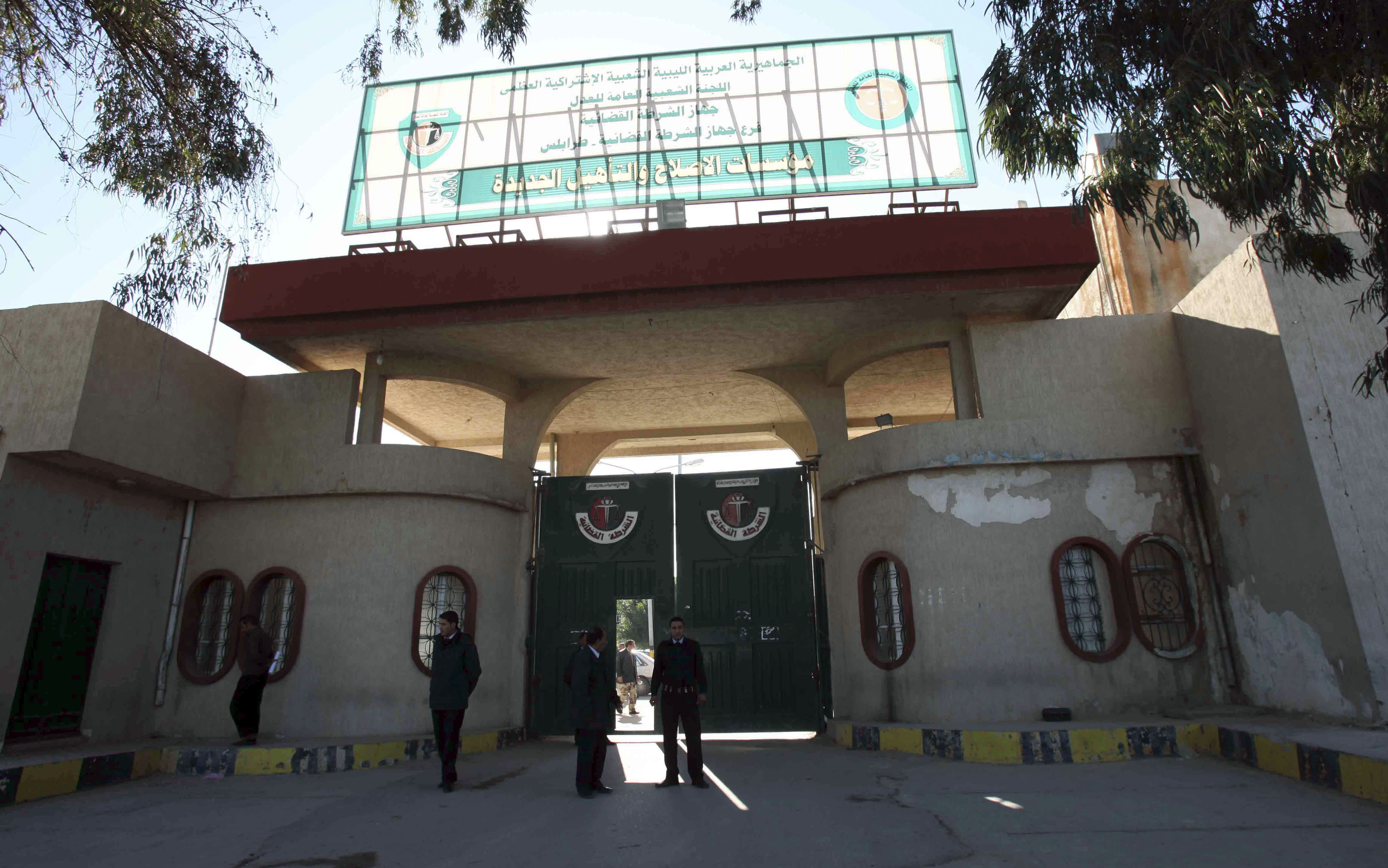
The case of Swiss businessmen Max Göldi and Rachid Hamdani is evidence for the human rights organisation Amnesty International of how arbitrary Libyan justice can be.
In its dealings with African refugees the country has taken an even tougher line, Amnesty says. In many cases the death penalty has been handed down and in some instances, carried out.
The accusations are levelled by Diana Eltahawy, a specialist for North Africa, in a report on Libya issued on Wednesday.
She refers to the case of Göldi, sentenced to four months in prison after a trial considered not to have been fair.
“When international norms are not respected in a case like this which has been publicised by the media and where the Libyan authorities have come under so much pressure, you can imagine what happens in the unknown cases,” said Eltahawy.
Thousands of Africans try every year to reach European Union countries through Libya. Crossing the Sahara is very dangerous, but reaching the coastal country does not mean they are safe.
According to Amnesty, on June 17 Libya transferred to Niger 276 detainees who had been convicted of minor crimes, such as theft, or were awaiting trial. But the group did not include any of the dozen or more Nigerians sentenced to death in Libya. There is growing concern for their safety.
Executions
At the end of May Libya executed 18 convicted “murderers”, according to the Tripoli daily Quryna. They included citizens of Chad, Nigeria, Egypt and Niger.
Human rights activist Moustapha Kadi is calling on the Libyan government to pay compensation to the families of the dead, and for the bodies to be repatriated.
The situation of refugees is hard to assess. On June 8 the Libyan government expelled the United Nations refugee agency. The UNHCR had documented around 9,000 refugees, of whom 3,700 had made an asylum application.
Many of them had been picked up by the Italian navy in the Mediterranean and deported to Libyan waters. With no UNHCR presence any longer in Libya these would-be asylum seekers are completely without protection.
Danger for foreigners
Amnesty sees a particular risk for foreigners in Libya. It says they are often condemned without a fair trial.
“There are cases where the relevant embassies were not informed and so could not provide their citizens with any support,” said Eltahawy.
Some only saw their lawyers for the first time at the start of their trial in May, making an effective defence impossible. Furthermore, confessions extracted through torture and mistreatment are considered admissible in court, she says.
This applies to Libyans too, but foreigners are particularly disadvantaged in that they often don’t speak Arabic. “There is not always an interpreter present. We know of cases where people are brought to court without understanding the charges against them,” Eltahawy said.
And the last resort is also often blocked to foreigners because of the language barrier. Under Libyan law, a death sentence can be commuted to life imprisonment if the family of the victim accepts a compensation payment from the perpetrator.
“Foreigners have no family in the country who can negotiate with the family of the victim. What is more, they don’t have enough money to be able to meet the demands of the victim’s family,” said Eltahawy.
Prison conditions
A lack of transparency and cooperation by the Libyan government makes the situation more complicated. Amnesty says it has asked for information on death row prisoners and other prisoners and has received no answer.
“The figure of 200 people on death row was published, but without giving nationalities,” Eltahawy said.
The human rights worker also complains that there is very little information about the conditions in Libyan prisons. “We have not been able to visit the two jails where the 18 death row prisoners are. But reports say conditions there are not as bad as in other camps.”
Against the backdrop of the delicate situation of their citizens on death row, Niger concluded a legal cooperation agreement with Libya on June 6. The Niger government declined to comment on what effect this agreement might have in preventing the death sentences from being carried out.
Amnesty had already written to Libya in April to express its concerns over the human rights situation in the country. On Friday the text of the memorandum is to be published.
Eltahawy points out Tripoli’s international responsibility: “Libya is now a member of the UN Human Rights Council, meaning it is under a particular obligation to ensure human rights.”
Laure Pichegru, InfoSüd/IPS and swissinfo.ch (Adapted from German by Morven McLean)
Rachid Hamdani was prevented from leaving Libya from July 2008 until February 2010.
In an article in the French-language magazine L’illustré published on April 21, Rachid Hamdani revealed new details about his ordeal in Libya.
Libyan police began cutting the power and water supply to all Swiss offices and locking the doors on the day in July 2008 that Geneva police released Hannibal Gaddafi, son of leader Moammar Gaddafi. Hannibal had been arrested for allegedly abusing his staff in the city. Police rounded up about 25 managers of Swiss firms but only two of them were Swiss – Hamdani and Max Göldi.
Hamdani spent ten days in jail with “appalling hygienic conditions” followed by months at the Swiss embassy. He said they could leave the grounds but had no passports. Plain-clothes officers followed them everywhere.
To help pass the time, the embassy bought a ping-pong table. The Swiss charge d’affaires easily beat both Hamdani and Göldi.
The Libyans whisked the two away for 53 days at an undisclosed location. He says they were well treated and the conditions were fine. It was psychologically hard, he said, being cut off for so long.
Once Hamdani got his passport and exit visa, he went to Tunisia in a car with German diplomatic plates. It didn’t really sink it that he was free until his plane touched down in Zurich. It’d been 19 months. He’d missed the birth of a grandchild.
As for how the ordeal has changed him, Hamdani said he’d rather forget the experience.

In compliance with the JTI standards
More: SWI swissinfo.ch certified by the Journalism Trust Initiative
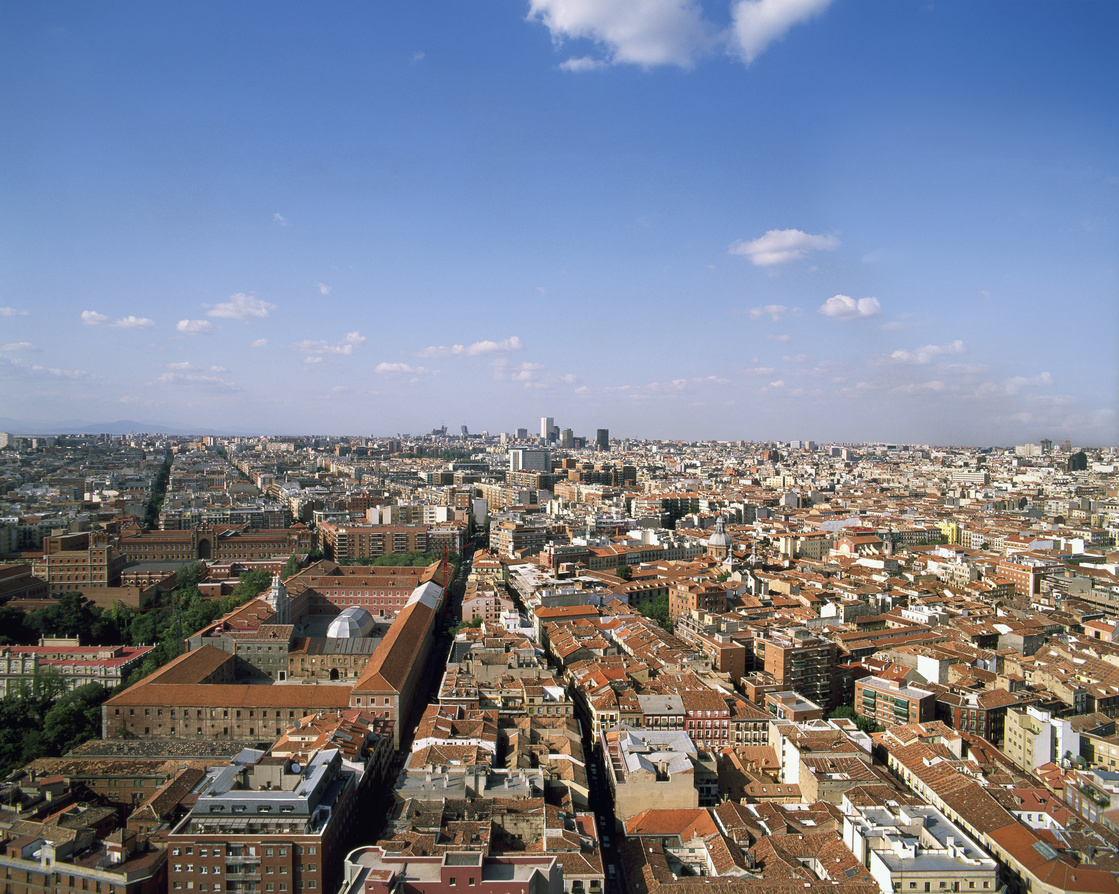
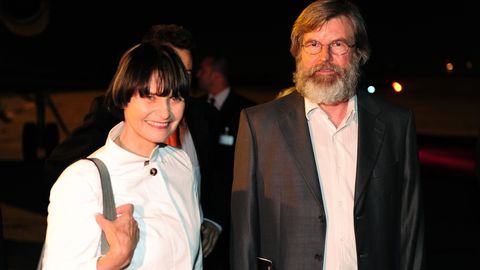
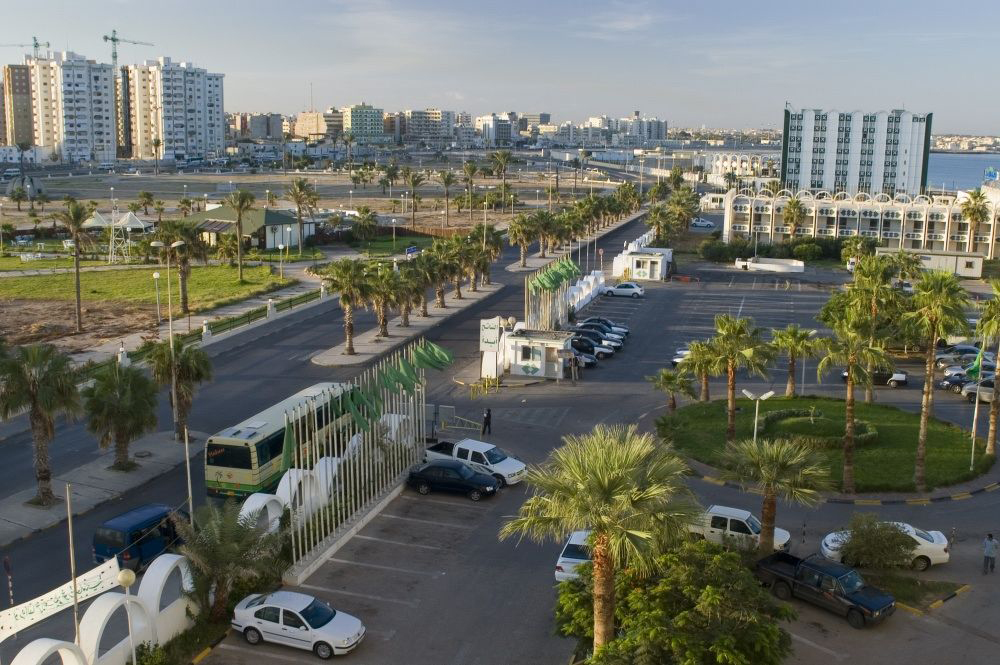
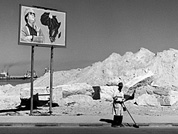
You can find an overview of ongoing debates with our journalists here. Please join us!
If you want to start a conversation about a topic raised in this article or want to report factual errors, email us at english@swissinfo.ch.